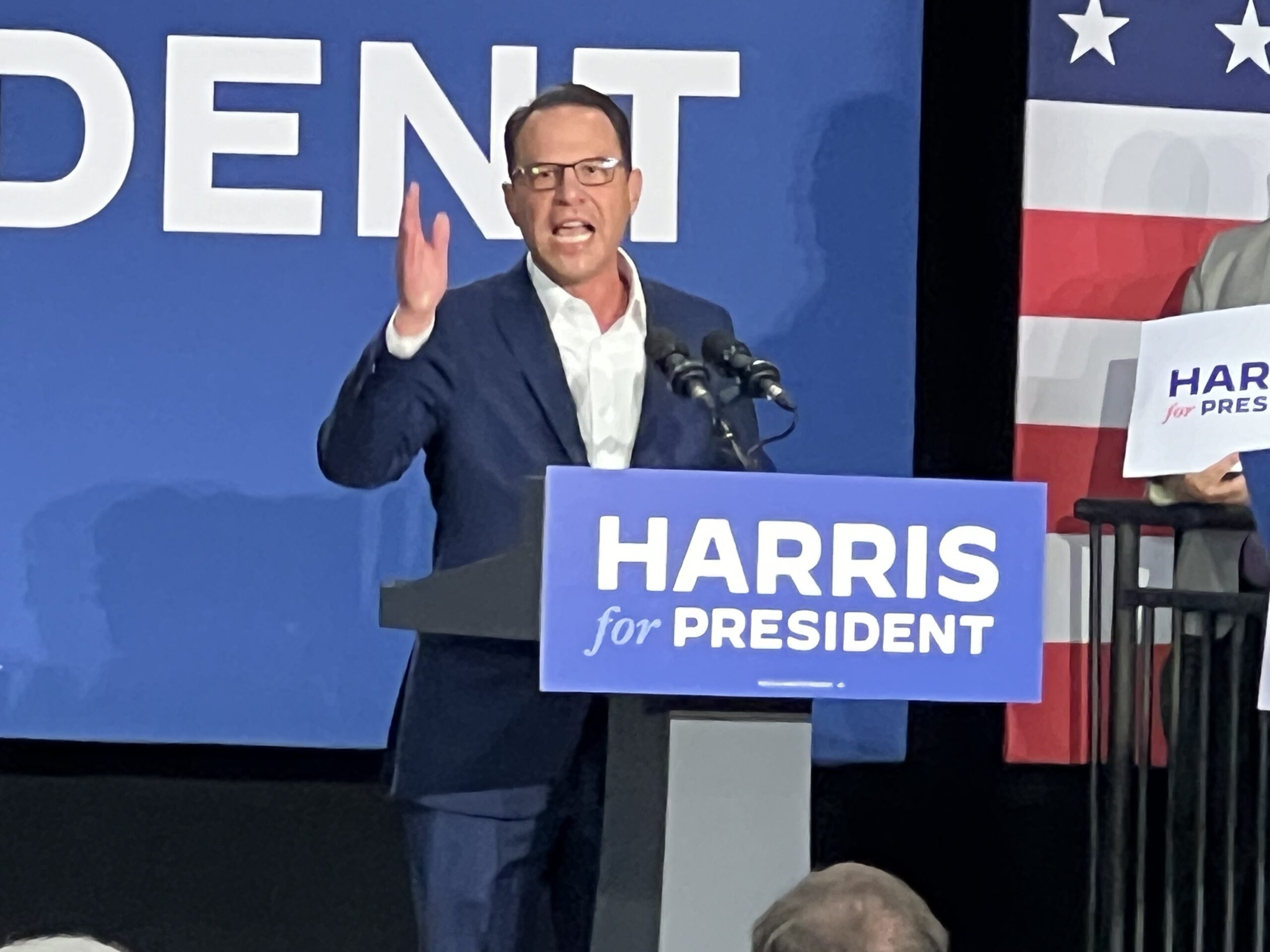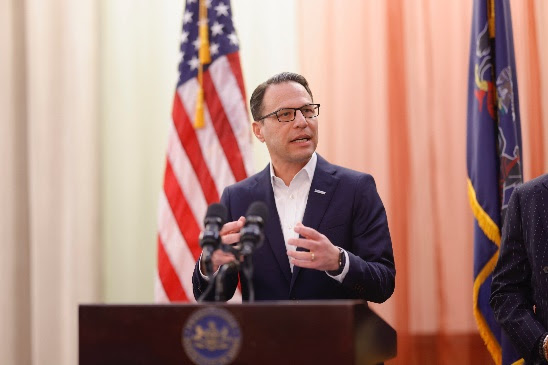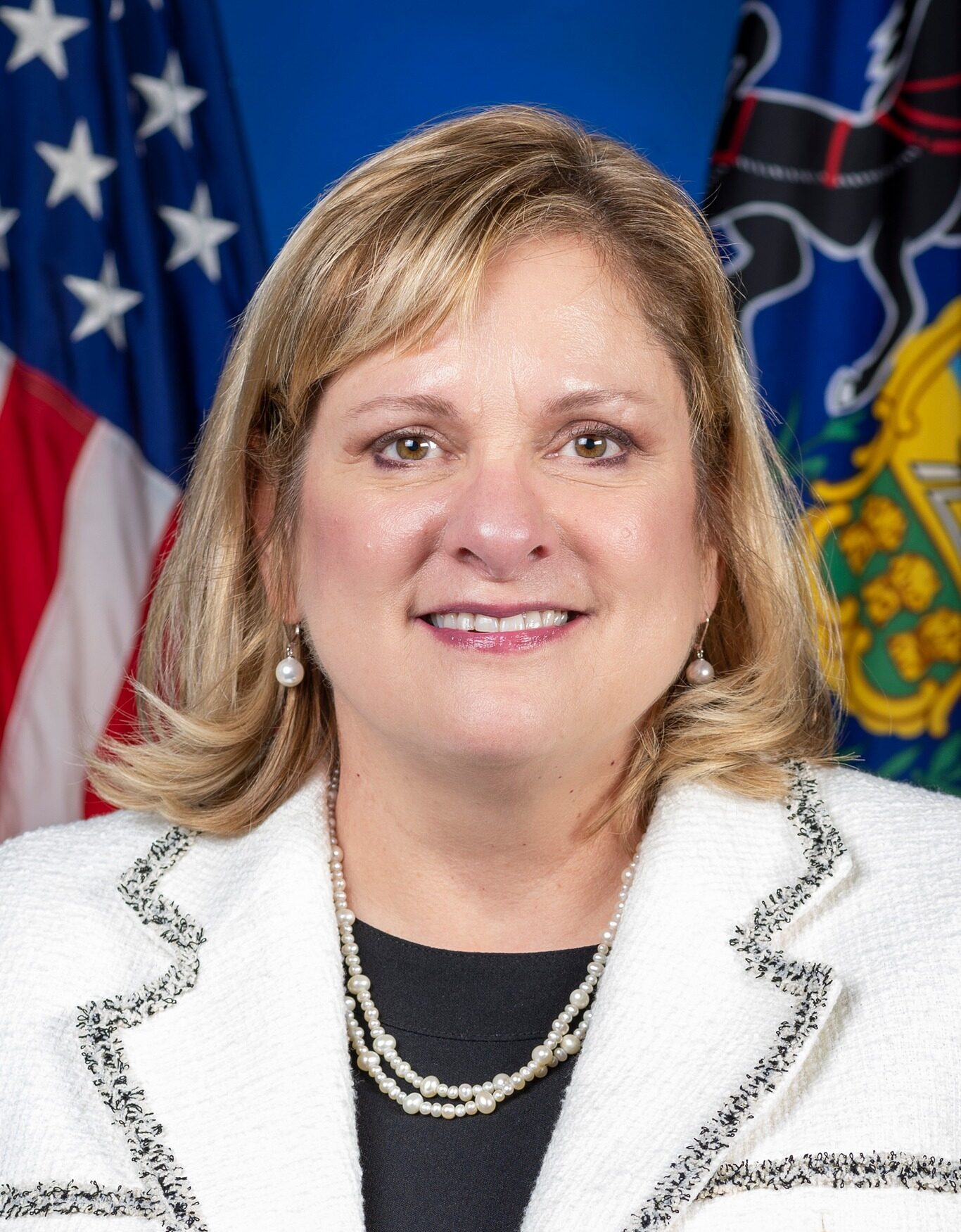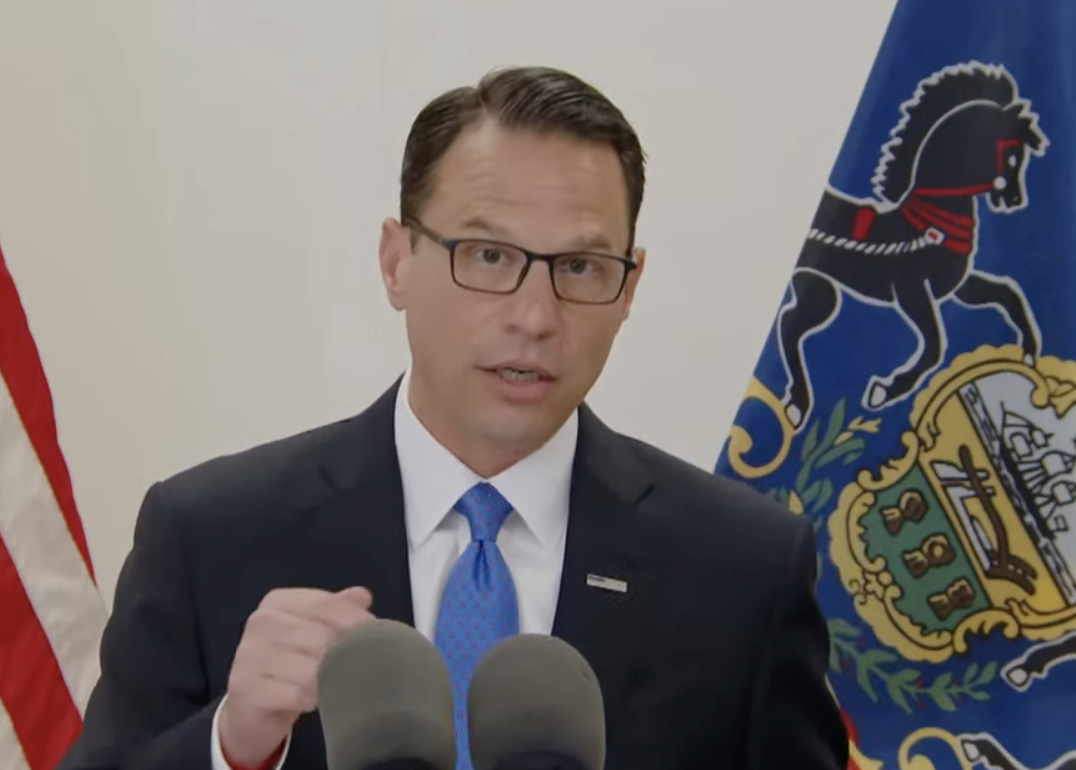New Commonwealth Study Shows Benefits of State Scholarship Programs

A new study from the Commonwealth Foundation reports the 77,000 students who receive Educational Improvement Tax Credit (EITC) and Opportunity Scholarship Tax Credit (OSTC) funding to attend the school of their choice are outperforming their peers.
That includes their peers at private schools as well. They also have a higher graduation rate than their public school counterparts.
The scholarships serve low-income to middle-class students and most of the private or parochial schools involved charge $10,000 or less in tuition.
One of those families is Tammie Tilson and her three children who live in the Mt. Airy section of Philadelphia.
“Growing up, my dad always had this rule: I needed to go to private or Catholic school. So, when I started having children, I wanted the same thing for my kids, especially a faith-based education,” said Tilson.
“There’s so much going on in the world, negativity included,” she said. “I just think the kids having a foundation for morals and respect for others would be beneficial to us all.”
When her oldest son, Jordan, started kindergarten at St. Raymond of Penafort Catholic School, school officials told her about the Children’s Scholarship Fund Philadelphia (CSFP).
The nonprofit CSFP matches families with funds from the state Educational Improvement Tax Credit (EITC) and Opportunity Scholarship Tax Credit (OSTC) to help with their children’s tuition for private schools, depending on their income.
Opportunity scholarships are funded by businesses making contributions to scholarship organizations in exchange for a tax credit.
A third type of scholarship is Economically Disadvantaged Schools (EDS), which is available where 51 percent of their students receive EITDS.
CSFP President and CEO Keisha Jordan said her organization currently serves 6,200 Philadelphia K-8 students who attend schools in Philadelphia and the Delaware Valley.
“We serve the families who need it the most,” said Jordan. “Families who otherwise could not attend a private school. Seventy percent of our families live in the OSTC, the lowest-achieving public school neighborhoods. And we are also serving families with low income.”
Rachel Langan, senior education policy analyst with Commonwealth, said most of the data is from the 2021-22 school year, the latest available. She noted most families who receive the scholarships earn below the median income for their counties. And the counties with the lowest-achieving public schools have the highest number of scholarship recipients.
So, the programs “are meeting the needs of the lowest income families,” she said. New state regulations require organizations that administer scholarships use 90 percent of the money for scholarships, and 70 percent already do that.
Children in every county in the state receive this scholarship money. The heaviest concentration is in southeastern Pennsylvania, she said.
Pennsylvania taxpayers spend $21,985 per public school student, which is in addition to local and federal funds, she said. The average private school tuition is $12,000, and most students who qualify for the scholarships receive $2,780.
In 2021–22, K-12 students submitted 141,452 scholarship applications—2,914 more than the previous year and the highest on record. During the same period, Pennsylvania scholarship organizations turned away 63,781 K-12 student scholarship applications—almost 45 percent of applications—because of tax credit caps.
Passage of the state’s 2024 budget allows increased access to these scholarships.
“This is really good news because these are the kids who need access to education because they are living in low-achieving public school [area] serving economically disadvantaged students,” said Langan.
Nathan Benefield, senior vice president for the Commonwealth Foundation, said, “This report demonstrates high demand and significant results. If the past is any indication, demand for tax credit scholarships will continue to rise, showing the remarkable success of the program and the desire of parents to find the best educational option for their children.”
“It’s been a blessing for sure,” said Tilson, about the scholarship money her family receives for her three children so they can attend St. Raymond’s. The school offers tuition on a sliding scale, depending on a family’s income.
In addition to Jordan, she has 7-year-old twins, Jade and Jaden. The single mother, who works as an assistant at a law firm, receives $1,200 per child to partially pay the school’s tuition.
“Which is amazing,” she said.
“I wish more families knew about it,” she said about the scholarship program. “It’s definitely beneficial for a lot of families. I don’t know how many families could afford a private school without the Children’s Scholarship Fund.”
Please follow DVJournal on social media: X@DVJournal or Facebook.com/DelawareValleyJournal










